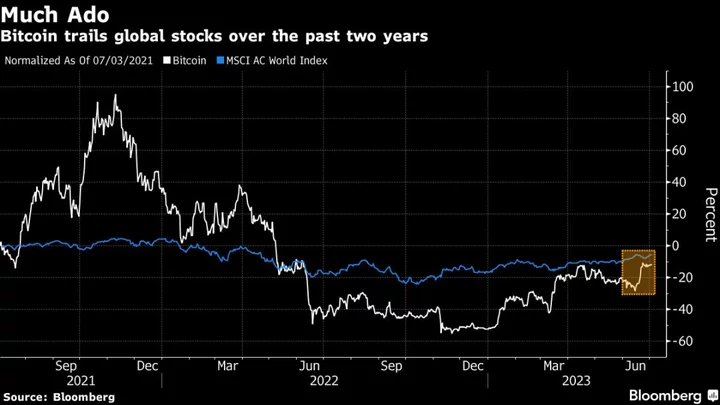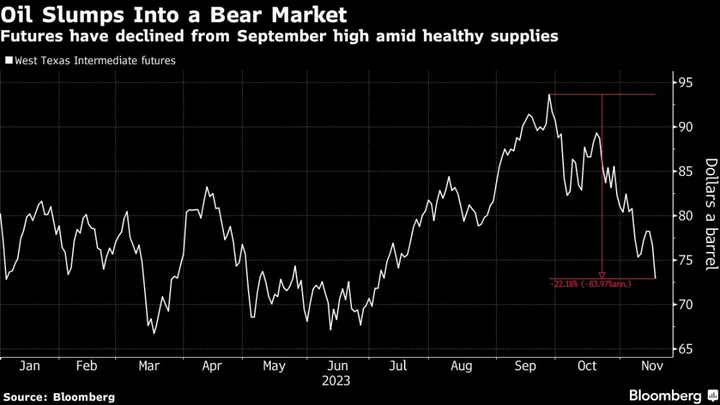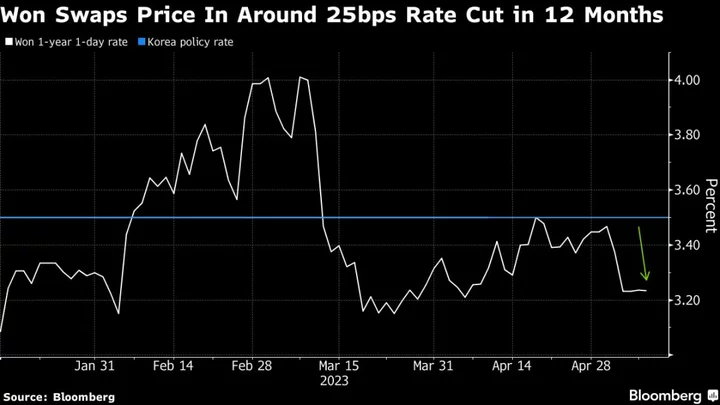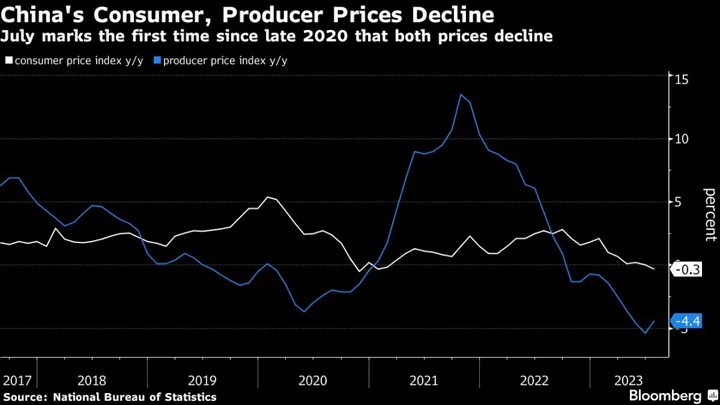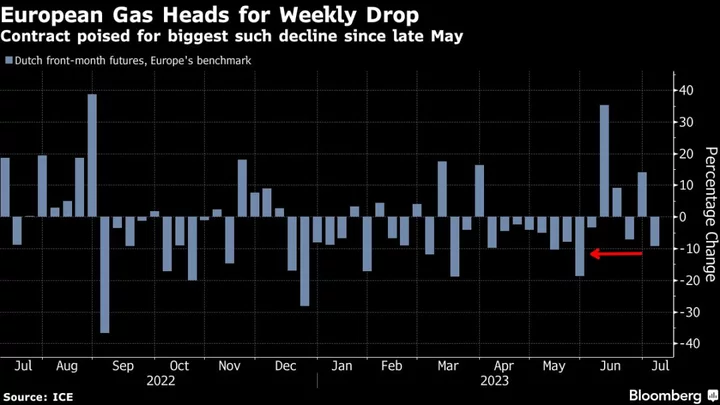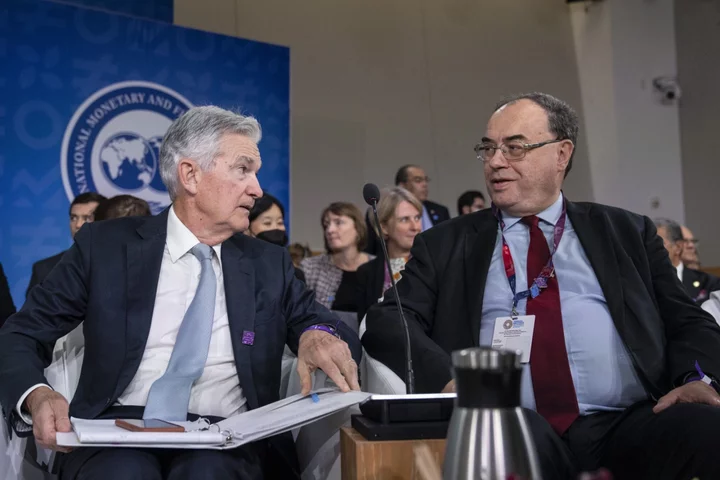A shakeup at China’s central bank has poured cold water on speculation that the nation may be about to loosen a ban on digital-asset trading.
Industry executives including Circle Internet Financial Ltd. Chief Executive Jeremy Allaire have seized on Beijing’s quiet backing of Hong Kong’s push to become a crypto hub to argue that the mainland may reverse its policy. They got a reminder about the risks of such extrapolations when Pan Gongsheng was named the top Communist Party official at the People’s Bank of China.
The move potentially puts Pan in the running for PBOC governor and was viewed as a signal of policy continuity at the institution, which in 2021 declared all crypto-related transactions illegal. The appointment Saturday also surfaced some historic but unusually colorful comments for a Chinese bureaucrat, which Pan made in the midst of an earlier clampdown on crypto.
Read more: Xi’s Central Bank Shakeup Prioritizes Continuity Over Change
“If you sit by the river and watch, one day the corpse of Bitcoin will float in front of you,” he said at an event in 2017, citing an analysis by Kedge Business School professor Eric Pichet, local media reported. Pan back then also defended regulatory action against crypto and professed to being “a little scared” to contemplate what would have happened if China hadn’t curbed digital assets.
The People’s Bank of China didn’t immediately respond to a request for comment about Pan’s views on crypto and the outlook for China’s digital-asset ban.
“Based on my knowledge, no PBOC governor would support Bitcoin,” said David Qu, China economist at Bloomberg Economics, who has eight years’ experience of working at the central bank. “What happens in Hong Kong is irrelevant, as the China mainland usually views Hong Kong as an overseas market.”
Senior officials outside the central bank are also critical of Bitcoin and the government is instead focused on developing the digital yuan, Qu added.
Crypto Narratives
Crypto is notorious for building up narratives that skeptics reject as overblown — a tension has been evident in projections for both Hong Kong and China.
Industry mogul Justin Sun, an adviser at the Huobi digital-asset exchange, has suggested Hong Kong’s pro-crypto pivot presages an easing of China’s ban. Cameron Winklevoss, co-founder of the Gemini platform, earlier this year said his “working thesis” is “the next bull run is going to start in the East.”
Changpeng ‘CZ’ Zhao, founder of the biggest crypto exchange Binance, in a May tweet flagged the “interesting timing” of a white paper related to digital assets that emerged in Beijing a little before Hong Kong’s new crypto regime went live on June 1.
Crypto entrepreneurs like Winklevoss and Zhao have been hit by aggressive US curbs in the wake of last year’s digital-asset rout and bankruptcies such as the FTX exchange. The US position contrasts with a shift toward friendlier regimes in jurisdictions including Hong Kong, Dubai and parts of Europe.
“With the stance shift happening in so many countries, China is unlikely to stay insusceptible — it will gradually come to accept crypto,” said Vanessa Cao, founder of venture-capital firm BTX Capital.
Beijing’s Concerns
Beijing clamped down on crypto over concerns about money laundering, the environmental impact of Bitcoin mining and currency outflows. Pan is currently the head of the State Administration of Foreign Exchange, the agency that oversees foreign-exchange rules, as well as a PBOC deputy governor.
While there are signs that some of China’s 1.4 billion people flout the digital-asset prohibition as they hunt for alternatives to struggling investments like property and stocks, mainland crypto activity is far lower than at earlier peaks.
“It’s typical for Chinese officials to have an anti-Bitcoin stance,” said Adrian Lai, founder and managing partner of Newman Capital, which runs a $50 million Web3 fund in Hong Kong. “Mainland China isn’t going to have an easing of the crypto ban for now and the near future.”
Bitcoin traded at $31,140 as of 6:55 a.m. in Singapore on Tuesday. The largest digital asset is up 88% in 2023 but is well off its 2021 peak of nearly $69,000.
--With assistance from Yujing Liu and Fran Wang.

